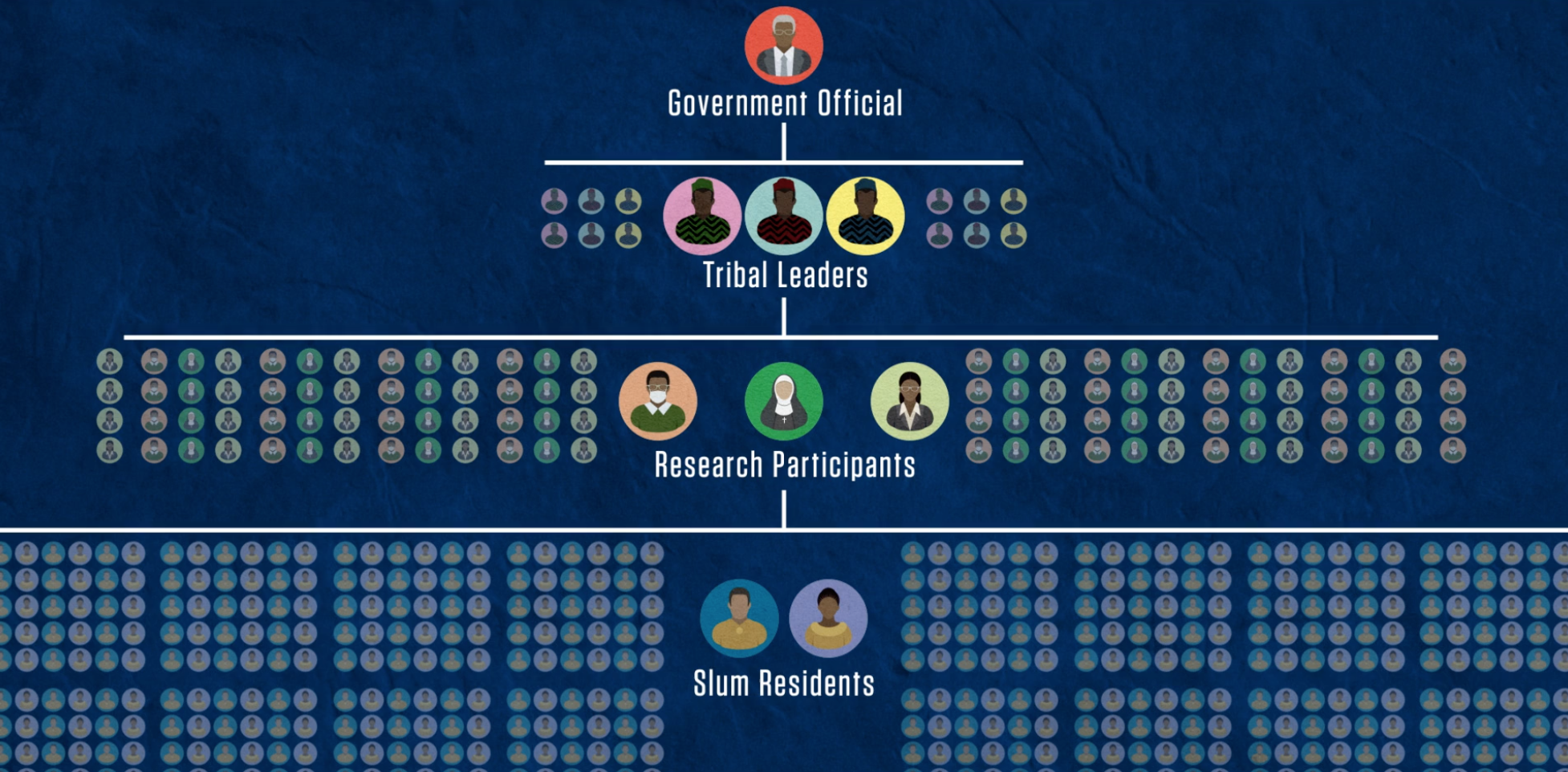Collaborative Governance
Jessica Kritz’s work in collaborative governance examines how government, communities, organizations, and stakeholders work together to address complex public challenges. Collaborative governance has evolved from facilitating cross-sector collaboration in conflicted environments to emphasizing the rights into governance. It establishes a relationship between government and participants, collectively viewing policy and delivery as a shared responsibility among public and private actors in order to create public value. The three domains—cross-sector collaboration, co-production, co-creation—are a spectrum of methods and processes aligned with stakeholder maturity and contextual needs. Jessica 's research interest is how to implement collaborative governance principles in a way that is appropriate for the cultural contexts, with a focus of creating law and policy change.
Implementation of COVID-19 Services in Rural Appalachia
Photo Credit: Defenders of Wildlife
Jessica and her collaborators from Madison County examined how this small and rural county in Southern Appalachia tackled the highly politicized COVID-19 pandemic through cross-sector collaboration. This approach resulted in increased public participation on the county’s most pressing issues: education access, community outreach, food security and COVID-19 vaccination delivery. Leaders built upon cultural and operational norms and values, including honest intent, community spirit, kindness, helping neighbors, hard work, and self-reliance. Cross-sector collaborations had the impact of depoliticizing aspects of the county’s work. Employing a storytelling approach and an emphasis on unspoken psychological processes, the study showcases the county’s resilience in tackling complex challenges through coordinated engagement across government operations, communities, and individuals.
Learn how cross-sector collaboration builds lasting resilience
Ghana Cross-Sector Collaboration
Cross-sector collaboration is a tool to address systemic issues in urban slums in developing countries worldwide. In Accra, Ghana hundreds of thousands of people have flooded the modern city seeking employment and liberation from increasingly difficult lives. This rapid growth has contributed to the multitude of development challenges the community faces, including high rates of environmental deterioration, poverty and unemployment, high levels of social conflict and gender-based violence, overcrowding, inadequate housing and infrastructure, and poor sanitation and waste management.
Cross-sector collaboration is being pioneered through a model in Old Fadama, the largest urban slum in Accra, Ghana with an estimated population of 150,000. In February of 2015, the city led the development of a cross-sector collaboration to address these complex challenges, researched by Professor Jessica Kritz of Georgetown University and funded by the Conrad N. Hilton Foundation. The collaboration is facilitated by the National Catholic Health Service (NCHS), with stakeholders including five Catholic Sisters’ organizations, the Accra Metropolitan Assembly (AMA), the Old Fadama Youth Development Association (OFADA) and the Kayayei Youth Association of Ghana.
“Thank God you are here. We need help. Everything we have tried in this community seems to fail. I am meeting with the press again this week about the cholera epidemic that originated there...We can’t find the solution to this problem on our own.”

